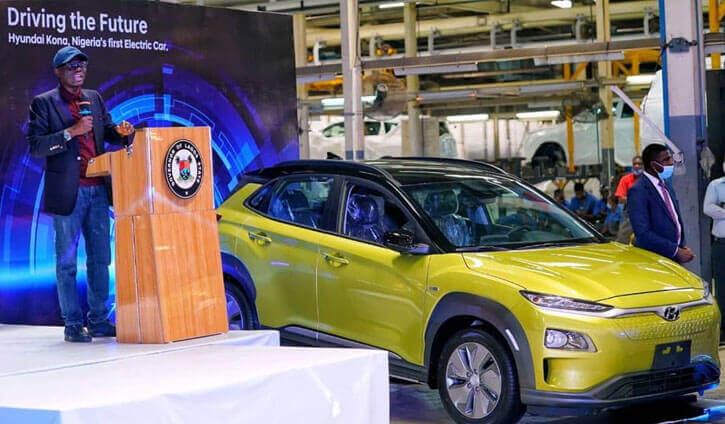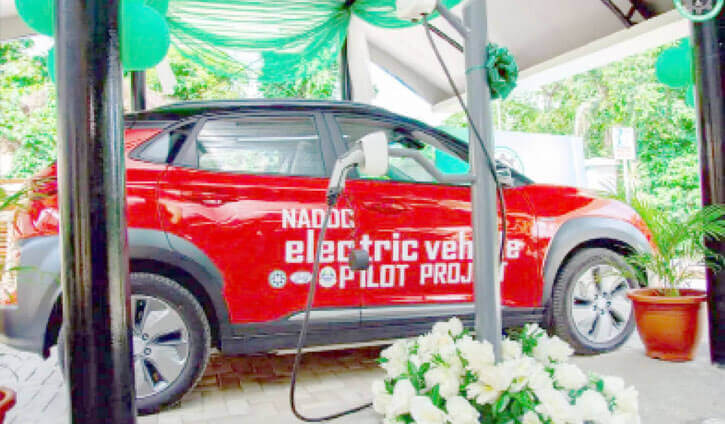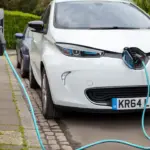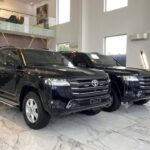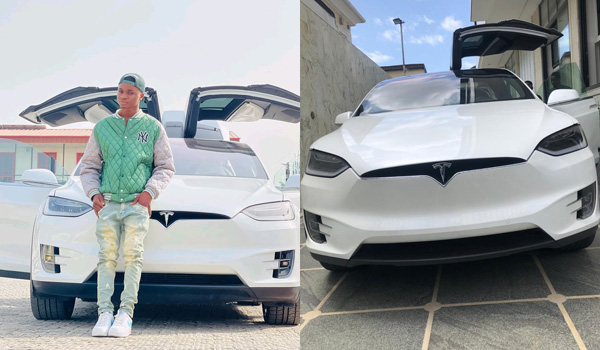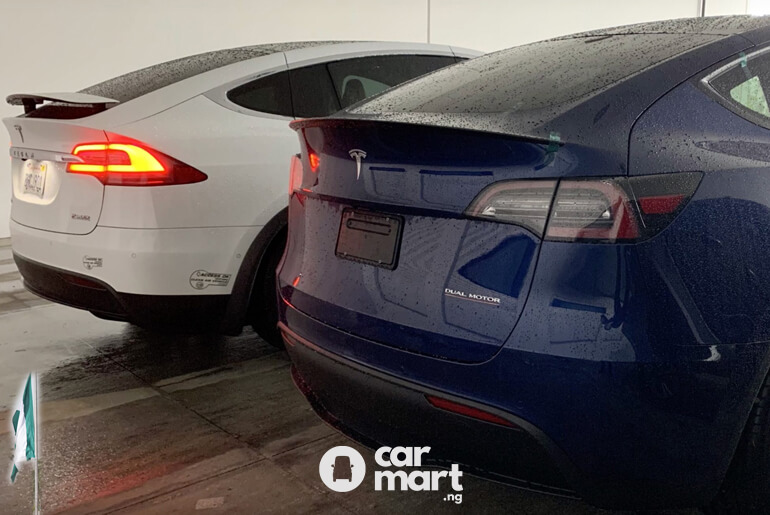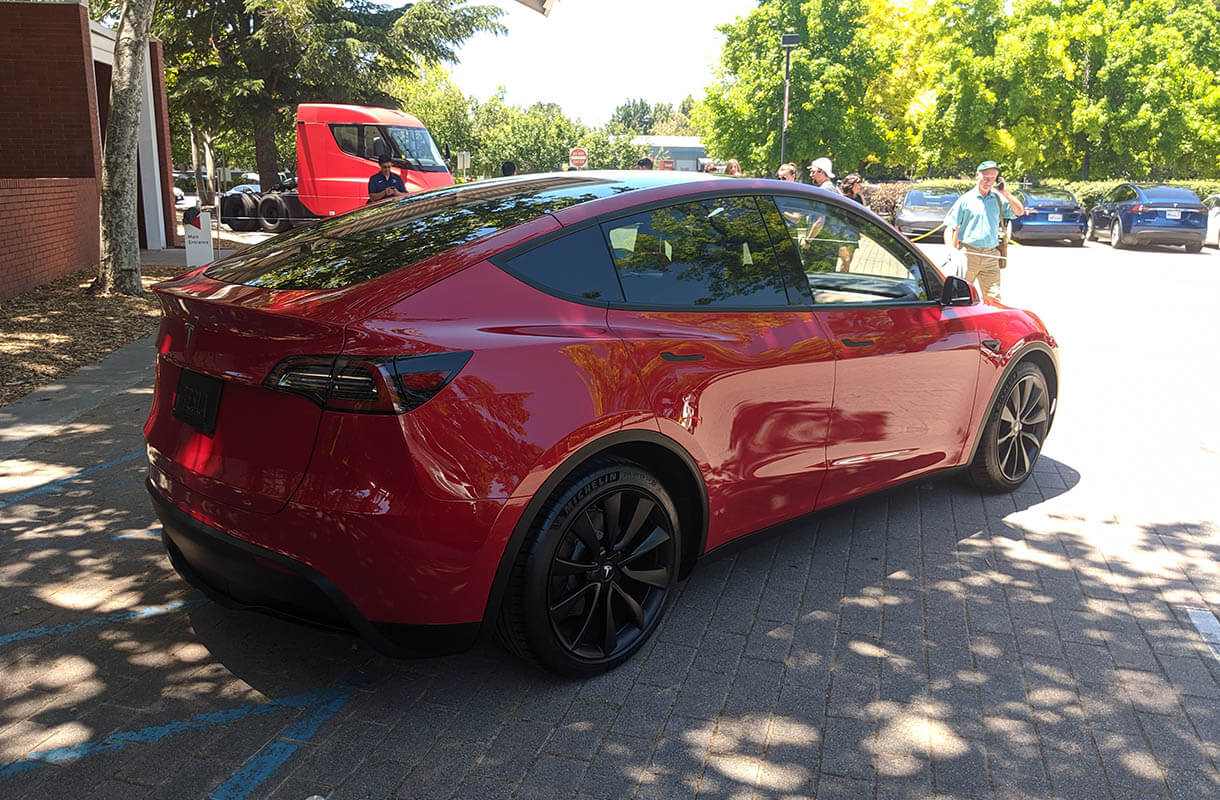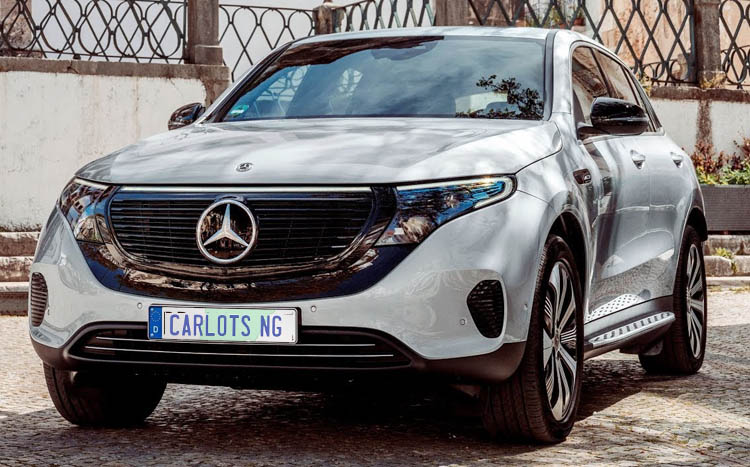In major countries of the world, electric vehicles are fast becoming the order of the day. The future of transportation appears to be electric, as many people are opting for electric cars over regular gasoline-powered cars. This is quite understandable as the world advances towards reducing greenhouse emissions. According to the International Energy Agency, “The number of electric cars, trucks, vans and buses on the world’s roads is on course to increase from 11 million vehicles to 145 million by the end of the decade.” Electric vehicles trump gasoline-powered cars in having low maintenance costs, zero emission and generally being cost-effective.
While other countries have significantly advanced in the adoption of electric vehicles, Nigeria seems to be playing catch-up. In the African continent, South Africa seems to be leading in embracing electric vehicles. Two notable electric vehicles- Nissan LEAF and BMW i3- are best-selling EVs in South Africa. As of 2019, South Africa is home to about 180 charging stations for electric vehicles. Similarly, Kenya and Rwanda have enacted tax incentives to encourage electric vehicle imports and are developing their own electric two- and three-wheelers.
Nigeria made her first major thrust in the adoption of Electric vehicles when Stallion Motors assembled the first fully electric vehicle named the Hyundai Kona. Additionally, a proudly indigenous manufacturing company, Jet Motors Nigeria, founded in 2017, is a Nigerian automobile manufacturer that designs and builds electric vehicles for African roads.
Despite these advancements in embracing electric vehicles in Nigeria, it still raises concerns considering the state of electric power and policies in Nigeria. This makes many Nigerians perplexed about what is the future of electric vehicles in Nigeria.
- Epileptic Power Supply
A major factor that contributes to answering if electric vehicles can thrive in Nigeria is the current state of electricity in the country presently. Unlike gasoline-powered vehicles where you only need a refill at the fuel station to keep your vehicle running, electric vehicles rely on the electric charging of their battery to keep moving. This charging can sometimes take up to 20 hours of non-stop charging (depending on the model) to get the battery fully charged.
In Nigeria, almost 80% of those with access to electric power get less than 12 hours a day, and about 47% of the population doesn’t even have access to power at all. With the present increase in electricity tariffs, access to power supply has become more difficult for Nigerians. Most Nigerians rely on generators powered by fuel or diesel to supply their power needs. It’s rather counterintuitive to use generators for charging electric vehicles as this will result in increased fuel expenses and incessant noise pollution.
If electric vehicles will have a future in Nigeria, then there have to be significant improvements to the present state of electric power.
- Electric Vehicle Policy
Currently, Nigeria has an automotive policy that regulates and encourages the local manufacture and assemblage of cars. However, there is presently no policy that seeks to encourage the use and/or production of electric vehicles. Ever since the launch of the Hyundai Kona, the National Automotive Design and Development Company (NADDC) has sought ways to promote Electric vehicles in Nigeria. Unfortunately, this has met dead ends as no solid policy has been made or implemented. Luqman Mamudu, former Director of Policy and Planning at the NADCC while speaking on targets the country was set for electric vehicles, quipped, “How can you be setting a target when you don’t even have an electric vehicle policy? These are just mere wishful thinking by whoever said it.”
- High Cost Of Electric Vehicles
Electric vehicles don’t come cheap, they cost millions of naira. The majority of Nigerians live barely below the poverty line. With the current fall in the Nigerian economy and rising inflation levels, Nigerians are becoming poorer by the day. This gives solid doubt about if Nigerians are able to afford to buy electric vehicles.
A higher percentage of Nigerians opt for used cars over brand-new ones mainly due to cost. The challenge is that many used electric cars are not available for sale or import into Nigeria currently. As it stands, only those in the upper class can afford to own an electric car.
This high cost of Electric vehicles relative to the financial capacity of many Nigerians raises concerns about the future of electric vehicles in Nigeria.
- Few Charging Stations
As mentioned earlier, electric vehicles need to be charged to keep running. Home and public charging options are available in developed countries; however, the opposite is the case in Nigeria. Nigeria is yet to have sufficient charging stations to cater for electric vehicles. Unless more charging stations are installed, there is a limit to the number of electric vehicles that can thrive on Nigerian roads.
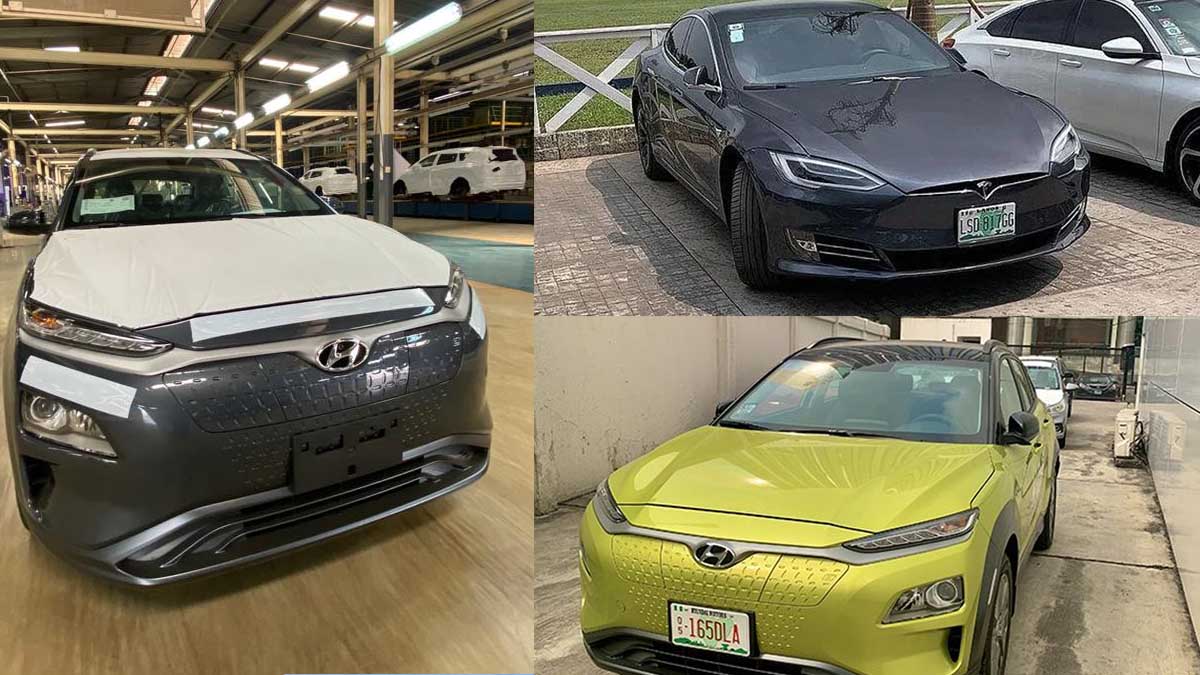
- Stakeholders Interest
While the above are limiting factors to the future of electric vehicles in Nigeria; stakeholders’ interests has a potent force in encouraging the rise of electric vehicles in Nigeria. For instance, The DG of the NADDC, Dr Jelani Aliyu has mentioned that the institution is partnering with automakers to realize the dream of embracing EVs. In other news, the Senate has proposed an Electricity Act to be passed next year which can significantly improve the power supply in Nigeria. Also, auto-finance schemes could be implemented to encourage the purchase of Electric vehicles by Nigerians.
CONCLUSION
The future of electric vehicles in Nigeria looks bleak under the current prevailing conditions in the country. However, with the right policies and interventions, Nigeria could also be amongst the top countries with electric vehicles in the nearest future.
Have 1 million naira and above to Buy or Sell Cars In Nigeria? Check carlots.ng
All rights reserved. Reproduction, publication, broadcasting, rewriting, or redistribution of this material and other digital content on carmart.ng is strictly prohibited without prior express written permission from Carmart Nigeria - Contact: [email protected]

